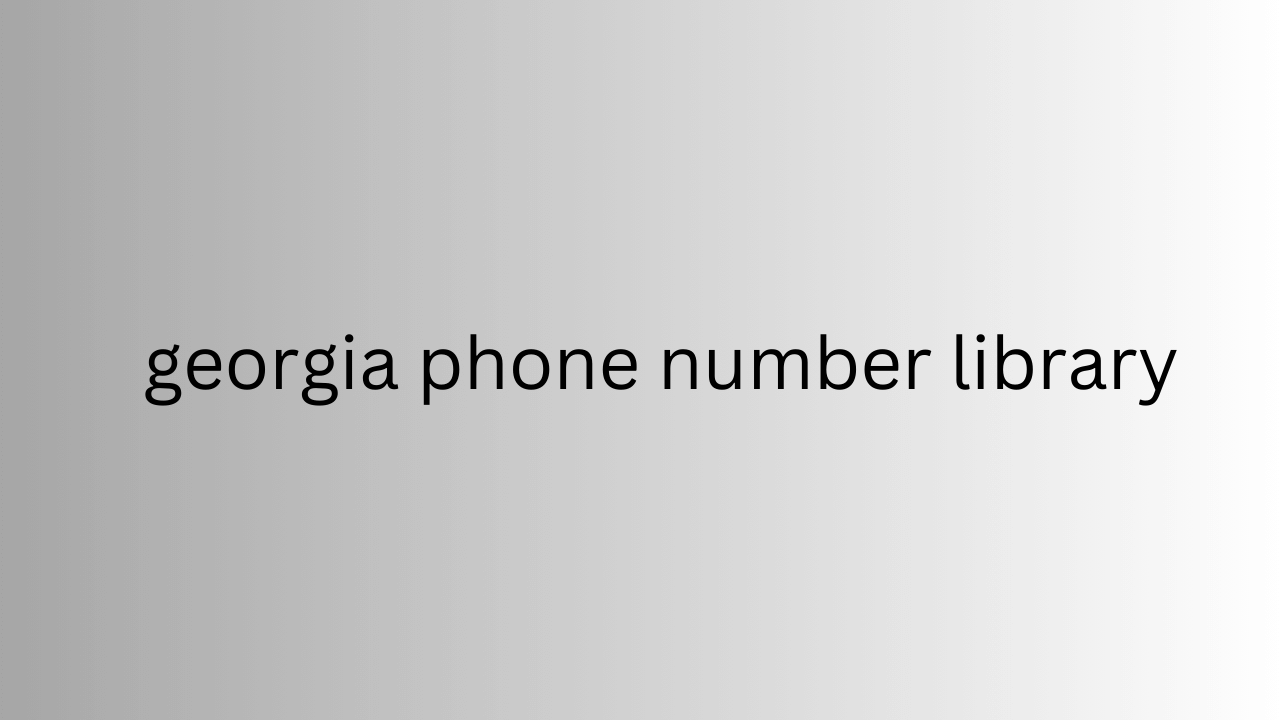About 50% of companies responded “absent/minimal” or “limited” regarding the level of preparation for the cookieless scenario . In addition, companies that have started to address the problem say they feel disoriented about new technologies and their impact on economic performance. Only 7% say they have already identified alternative solutions , but probably not definitive ones.
Among the various solutions proposed in this article, we will examine first-party cookies, which we have already written about in our piece on cookies and the evolution of B2B digital marketing . In particular, we will talk about their use within B2B lead generation. Finally, we will analyze the advantages of adopting B2B anonymous tracking platforms as an alternative to cookies.
Before examining the possible alternatives to third-party cookies, let's take stock of the situation regarding the policy in Italy and the restrictions introduced by the Guarantor.
Cookie Policy
As you know, cookies work with user data . For this reason, they georgia phone number library must b e treated according to rules and guidelines to ensure their correct use and make both users and companies feel safe.

The line between right and wrong in the use of data is so thin that it can easily lead companies into a situation of incorrect privacy protection. Precisely for this reason, mainly with the rapid evolution of the digital scenario, we have arrived at the amendment of a regulation on privacy.
GDPR, Privacy Guarantor and third-party cookies
The GDPR, which stands for General Data Protection Regulation , is a European Union regulation containing guidelines on how users' personal data should be processed and how their privacy should be protected.
The ultimate goal of this regulation is to keep users informed of their right to be in full control of their sensitive data. In this way, they can obtain information on how and for what purpose companies use them through online profiling activities such as, precisely, third-party cookies.
For this reason, starting from 2020, every website that uses third-party cookies must include a banner containing the privacy policy and requires the explicit consent of the user who visits the address.
In Italy, the Privacy Guarantor, the authority that oversees data processing and compliance with the GDPR at a national level, has published new guidelines on the use of cookies by websites. Companies have had a deadline of 6 months to adapt and avoid incurring sanctions.
Introductions and restrictions of the Guarantor
What is reported by the guidelines of the Guarantor are precise information on the categorization of cookies, on the design of a "compliant banner", on the collection, review and renewal of consent and on the information. Let's see more specifically what we are talking about.
Cookie categorization
The Guarantor, addressing the data controllers, draws attention to the differentiation between different types of cookies. Profiling cookies, unlike technical cookies, are not essential for the functioning of the sites. In fact, they are used for statistical and advertising purposes and require the consent of the user.
